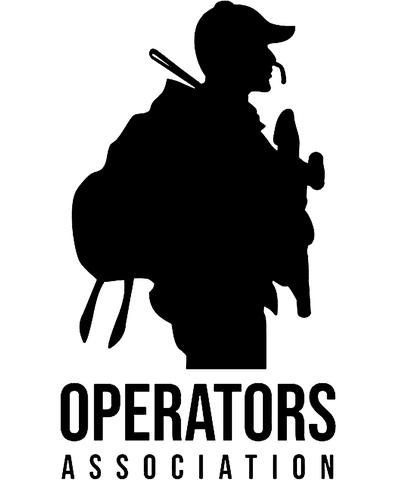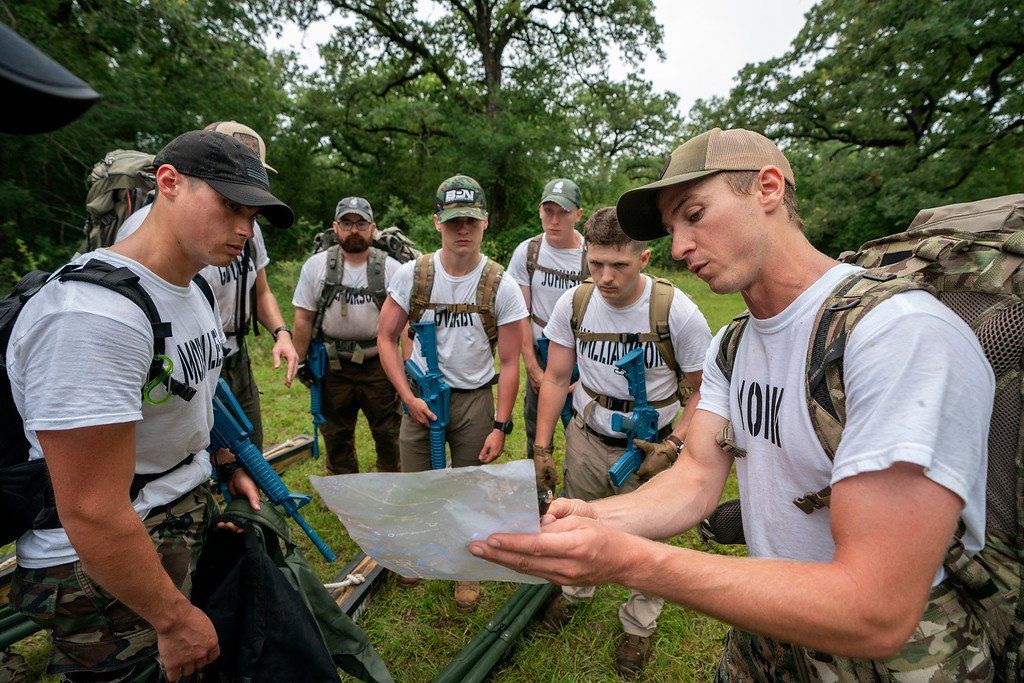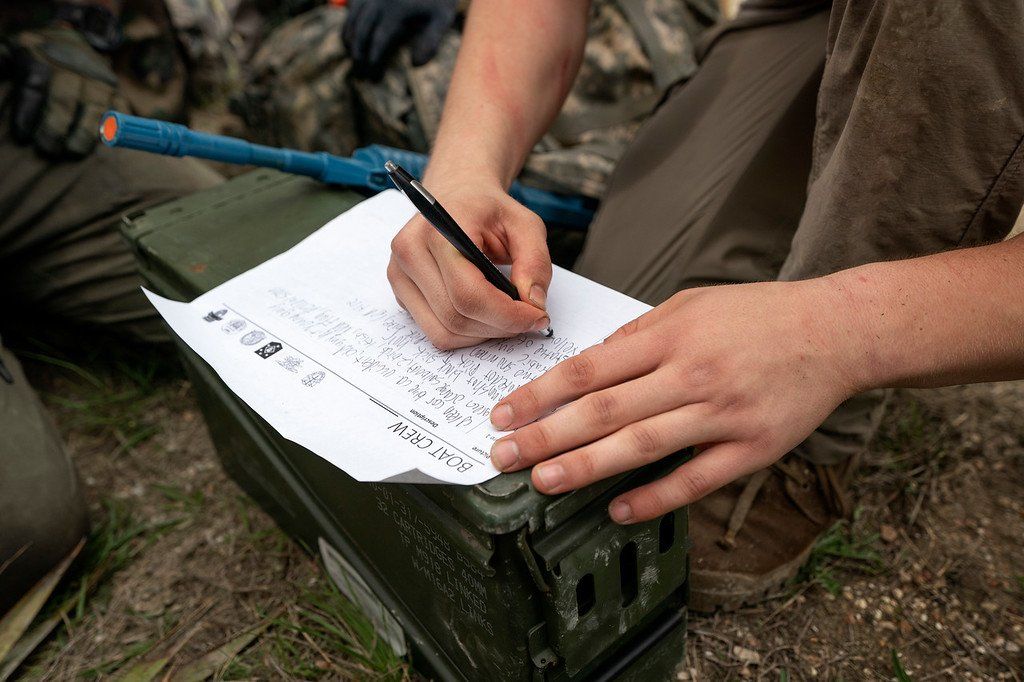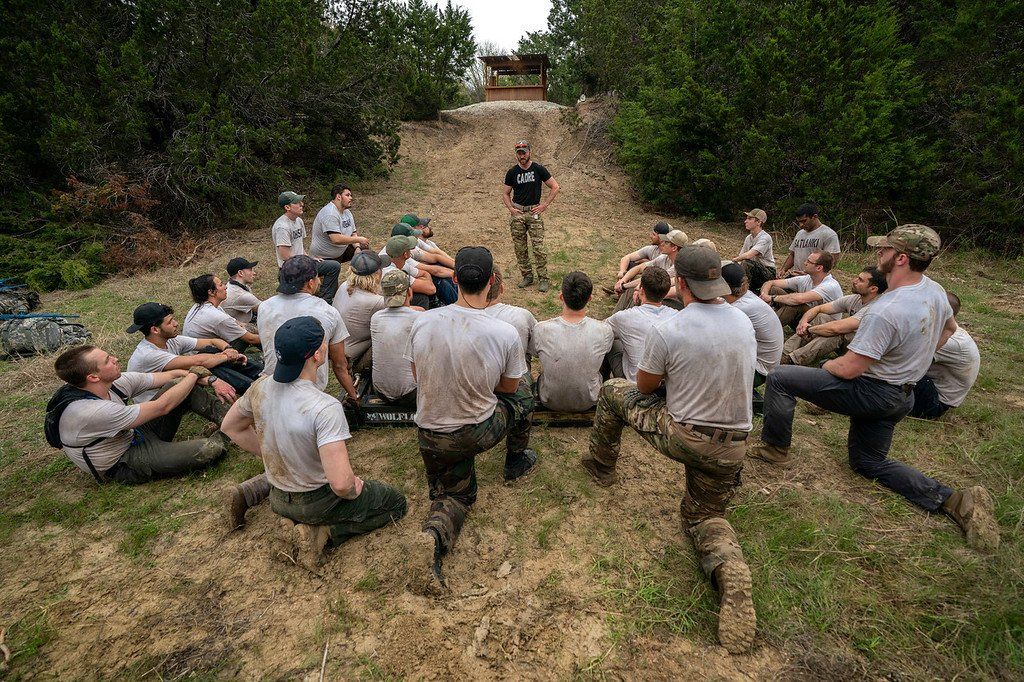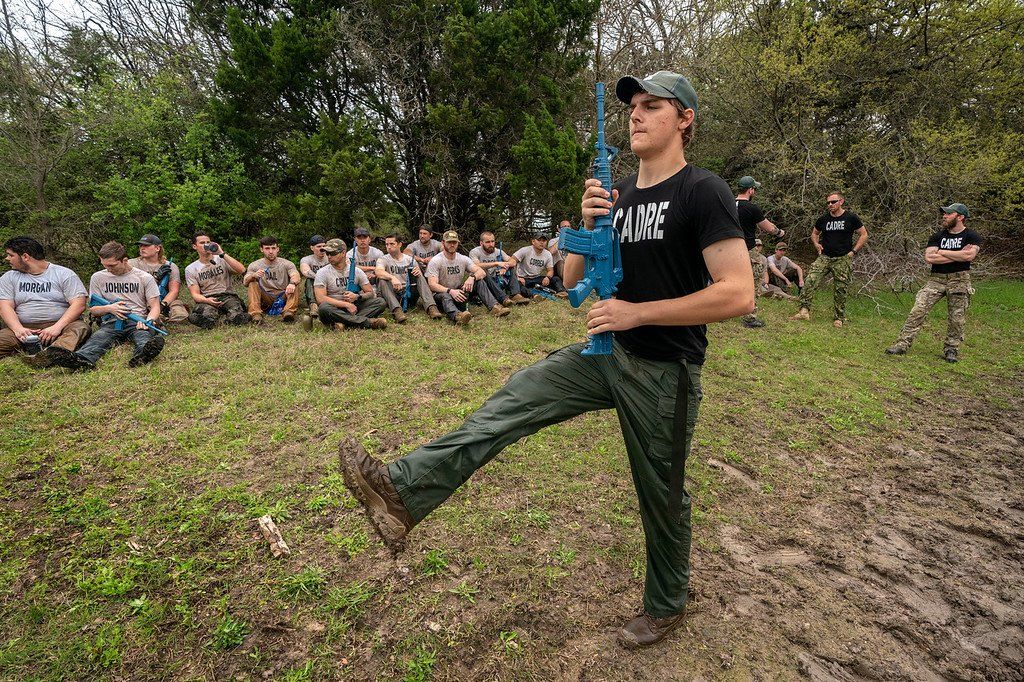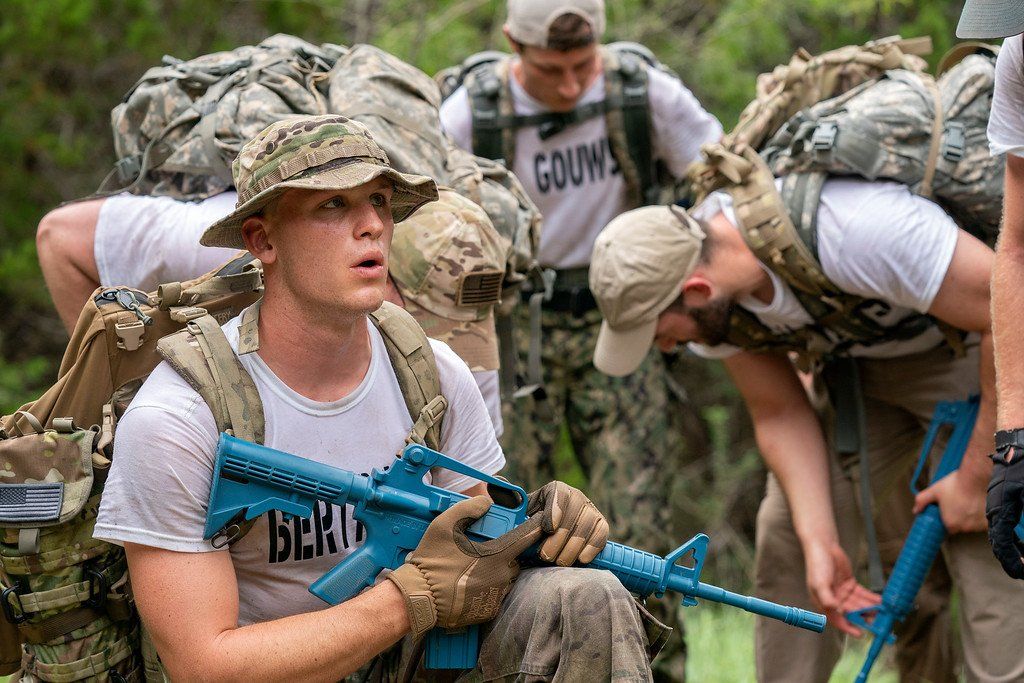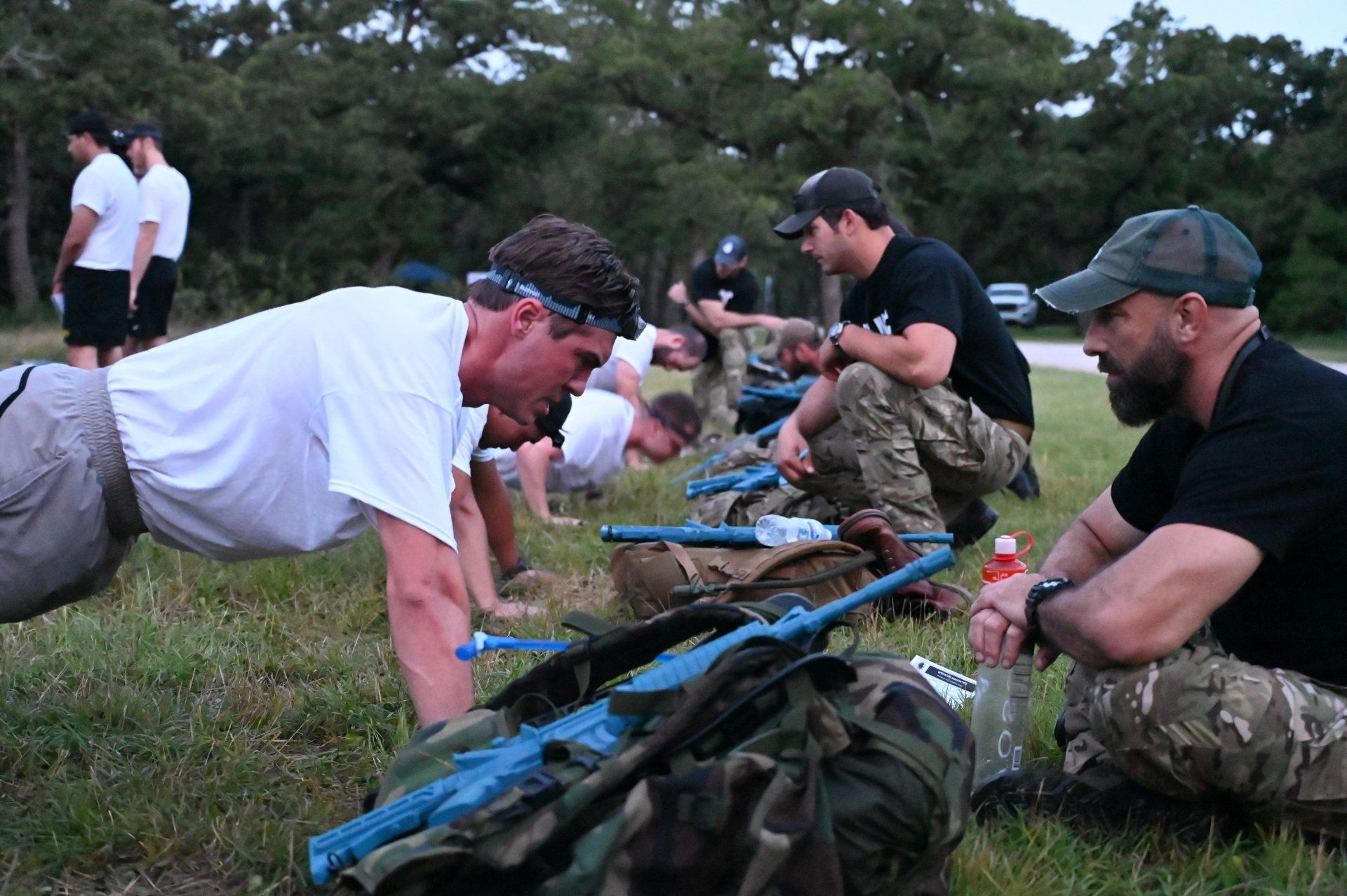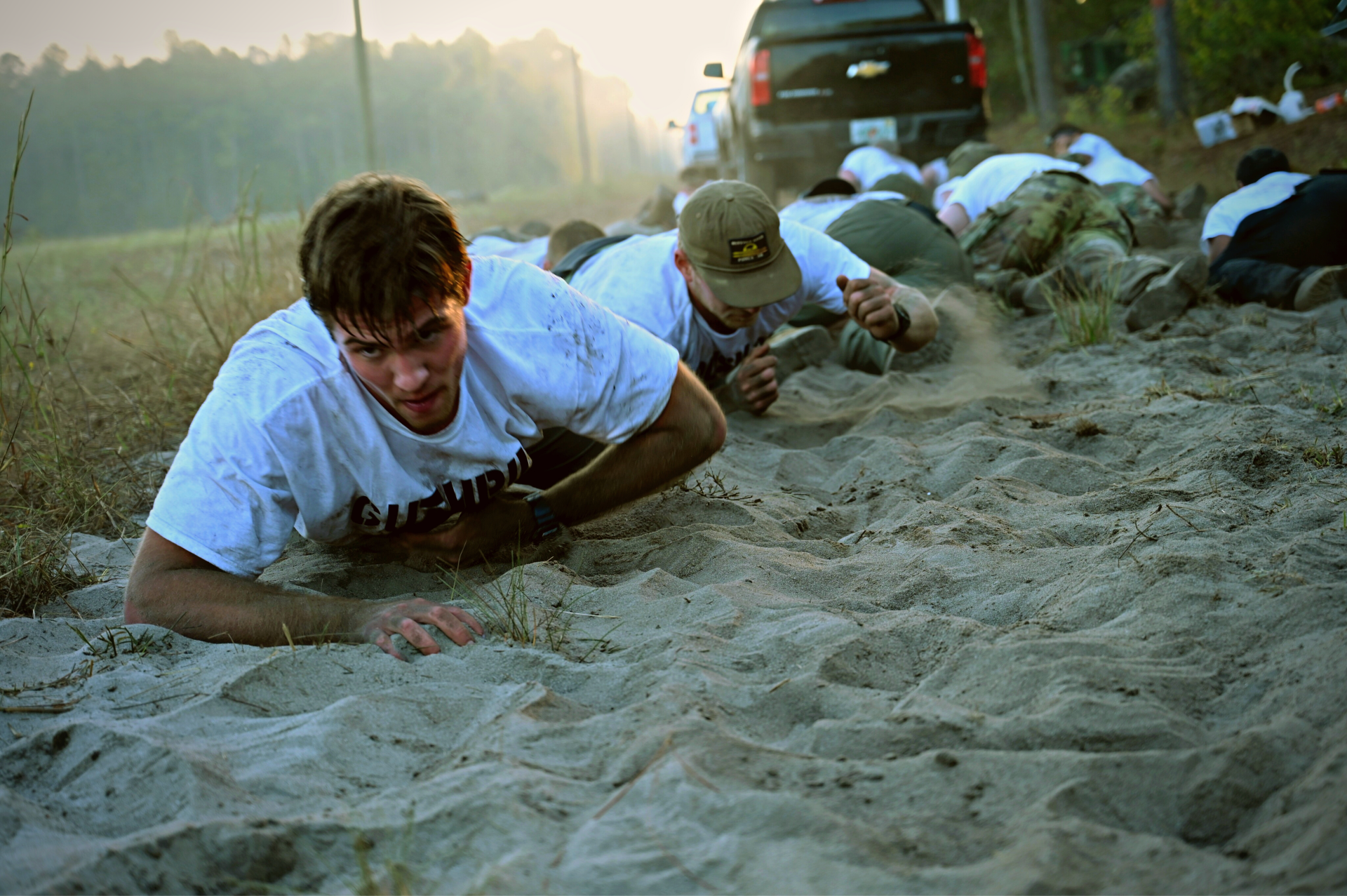
October 29, 2021
Nobody is born tough – there’s no such thing as a badass baby. Every person comes into this world equally helpless. Despite this, as people go through life, they’re socialized into different lifestyles and ideologies. Some people are loud, some are quiet. Some people are warriors, and others are pacifists. Some individuals are tough, while others are feeble and soft. In this OA guide, we’ll be tackling that last issue. Toughness is a skill that can be learned, practiced, and perfected through hard work and determination. Here are three strategies you can use to start becoming unbreakable today. Learn How to Suffer If you want to get tough, you must learn how to live a strenuous life. The more difficulties you can impose on yourself, the less external events will phase you. Once you accept that improvement and success involve suffering, the sooner you can rise to challenges and accomplish your goals. The difficulties and suffering you experience don’t have to be excruciating – but you should experience some self-imposed discomfort daily. We’ve talked about the importance of living a simple life in our other OA guides. But simple living isn’t just about having an uncomplicated, straightforward lifestyle. It’s about stripping away the luxuries that aren’t necessary to your survival. You don’t need hot water to take a shower – cold water will do. You don’t need a fancy breakfast every morning – a bowl of plain oatmeal is satisfactory. There’s a reason why humans 2000 years ago were generally more resilient than people are today. But it’s not because they experienced pain or difficulty any differently than we do. It’s because they didn't have the luxuries of warm running water, pain killers, or even salt to season their food. So they lived a simple life and forged onwards because it was the only choice they had. Get started on the path to toughness by eliminating the unnecessary baggage from your daily life – keep it simple and challenging. Do the Hard Things First When you do difficult things first, you voluntarily choose to carry the burden and responsibility of living. When you train, start with your most disliked exercises. When you’re working, opt to take on the most arduous project. You can only grow and prosper as a person and aspiring operator if you consciously attack the difficulties in your life instead of avoiding them. The longer you wait to start doing hard things, the more laborious they’ll become. Skipping out on hard work in favor of lighter tasks might give comfort in the short term, but it will make you mentally and physically weak in the process. Face your difficulties head-on and attack them now. Attack Your Weaknesses Your shortcomings don’t define you. But the way you treat them does. In general, there are two types of people in this world: those who attack their flaws and overcome them, and those who say they want to improve and never do anything about it. They blame others for their failures and are the perpetual victims of the world around them – it’s never their fault (if you find this offensive, you’re probably in the latter category). If you want to become unbreakable, you must take responsibility for yourself. Stop blaming others and looking for excuses. If you failed, it’s your fault – now it’s your job to make sure that never happens again. Making mistakes and failing once is a natural part of growth. But failing the same way multiple times and doing nothing about it is a sign of ignorance. Identify your weaknesses and take action to eliminate them. Do you lack strength? Good. Start lifting. Are you timid in high-pressure scenarios? Good. Seek out difficulty and get used to uncomfortable situations. Lacking confidence? Good. Push yourself to the limit and find out what you’re made of. Improvement can only come from eliminating your weaknesses. And the first step is admitting that you have them. Start attacking your weaknesses by becoming an OA Aspiring Operator today. When you join the Operators Association, you get instant access to all of our exclusive perks like OA podcasts, weekly accountability groups, and a SOF community of hundreds of future, current, and former special forces operators. Enlist today. Click here to become an OA member .
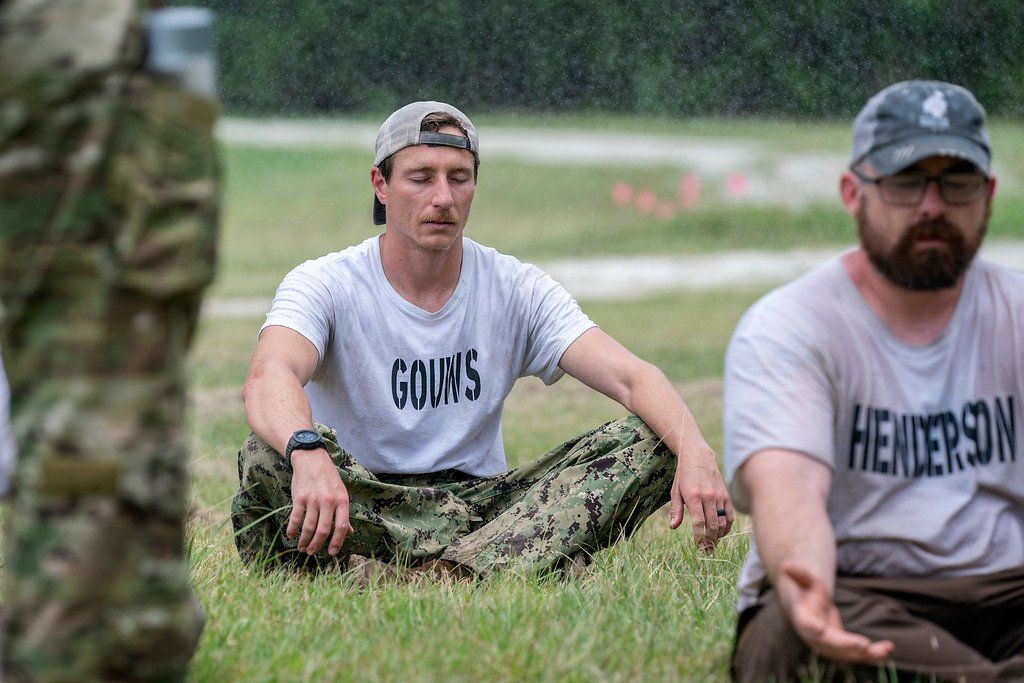
October 21, 2021
When it comes to succeeding as a special forces operator, having mental toughness and resilience is just as crucial as being physically fit. Unfortunately, getting your mind in shape isn’t as simple as eating healthy and working out. The brain is an extremely complicated system, and training it can often be equally convoluted. Lucky for you, we’re here to help! In this OA guide, we’ll introduce three mental exercises that SOF operators use daily to stay sharp and mentally unbreakable. Perform these exercises regularly, and you’ll soon see a significant improvement in how you approach challenges and bounce back from failures! Let’s begin. Visualization Training Preparation and repetition is the key to success. But what can you do if you are experiencing an unfamiliar challenge for the first time? Whether you’re moving into a new position of authority at work, speaking at a public event, or taking on a new physical challenge, you’ll likely feel inadequately prepared to face the challenge ahead of you. The solution? Visualization exercises. By repeatedly visualizing your future challenge, you effectively perform mental training reps. Imagine you are briefing your team on a mission for the first time. In the days and weeks leading up to the presentation, take the time to visualize your briefing as vividly as possible. What will you be wearing? What will the room look like? Who will be there? What are you going to do when your presentation software glitches and fails? Going through all of these hypothetical situations in your mind allows you to predict potential problems and find solutions in advance. As you get more experienced and effective with visualization, you’ll be able to play through entire elaborate scenarios in your mind. Preparing for challenges with visualization is common among professional athletes – with UFC double-champ, Conor McGregor, being a notable user of this mind exercise technique. Programming a Reset Button Success isn’t about never failing. It’s about being able to bounce back from your mistakes. There’s only one problem: it’s challenging not to let your past errors discourage and negatively impact your future performance. That’s what this next mental exercise is all about. Programming a “reset button” is a way to clear your mind after a mistake and return to operating at peak performance. To program a mental reset, you must create a physical pattern to mentally put your head back in the game after an error. This can be anything from an entire routine to a discreet movement with your hand. This physical pattern serves as a cue to let your brain know it’s time to recompose. As you perform this pattern, answer these three questions to reset your mind: What did I do wrong? How can I fix it? What’s important now? (Stop thinking about your error and start taking action in the present.) If you consistently perform this mental pattern when you make a mistake, you will get to the point where you automatically reset and return to peak performance after failures. Thus, decreasing the impact that your previous failures have on your future performance. Discomfort Immersion Calm seas have never made a skilled sailor. That is to say: improvement requires getting comfortable with discomfort. If the first time you face adversity is when you’re in a real-life situation, you’ll be unprepared to face the challenge to your full potential. In other words, you must simulate discomfort and get used to struggling by using discomfort immersion. Simply put, do something every day that makes you uncomfortable. Over time, you’ll find that activities that previously put you in distress now feel natural. This means your mind and body are adapting to discomfort and becoming harder. To get started with discomfort immersion, start waking up before sunrise, taking cold showers , and challenging yourself physically every day. This can include anything from weightlifting to swimming, but the most effective form of physical discomfort immersion is to train martial arts (Brazilian Jiu-Jitsu specifically). Few situations will prepare you for combat better than regularly fighting a capable and motivated adversary. No matter what you do in life, mental toughness makes you a more effective, adaptable, and resilient individual. After following this short guide for a few weeks, you will find that you are more willing to act in difficult situations and better able to relax under stress. If you become an operator, your improved mentality will put you far ahead of the other candidates during selection. Learn more ways to improve, stay accountable, and build discipline. Become an OA Aspiring Operator today and join our huge community of existing and future operators! You'll get instant access to exclusive podcasts, a weekly accountability group, and a community of driven individuals who will help you stay on the path. Click here to browse our membership packages .

October 15, 2021
Humans are social creatures. But your ability to operate independently and overcome stress on your own is critical to your success as a future SOF operator. Throughout your military career, from selection to military deployment, there will be times where you will face an obstacle that you must overcome independently. When this happens, you must detach from others and have the skills it takes to succeed on your own. In this OA guide, we’ll show you the three steps to developing operational independence and learning how to be alone. Why You Must Learn to Be Alone “No man is an island, entire of itself; every man is a piece of the continent, a part of the main.” Before we begin explaining the steps, let’s clarify the purpose of this guide. People rely on others to succeed. Every notable human accomplishment has involved some teamwork and collaboration between individuals. This blog isn’t advocating the burning of bridges or severing friendships. It’s about being prepared and capable of performing in a scenario where those connections are cut – about having the mental toughness to overcome obstacles while you’re separated from your tribe. Be social, but have the ability to go solo. Preparedness is the key to victory – it’s better to be a warrior in a garden than a gardener in a war. Although being self-sufficient is crucial for all people, it’s especially important for those looking to enter the special forces. From the moment you begin your career at selection, you will face scenarios where you’ll have to overcome difficulties without the help of your team. When those times come, you must be prepared, willing, and able to rise to the challenge. Step 1: Learn to Appreciate Silence If you’re a hardcore extrovert, you might find this first part challenging. The primary step to developing operational independence is learning how to appreciate silence. The world can get hectic – from social media to coworkers and the 24-hour news cycle. Over time, you can get desensitized to the constant noise and information bombardment, but it still affects you. If you’re used to an endless stream of information, it will inhibit your ability to perform independently. The prospect of being alone without incessant mental stimulation will create anxiety and distraction, thus decreasing your efficacy and performance. If you find yourself experiencing the symptoms of information overload (such as constantly checking your phone/social media), the best thing you can do is take a few minutes to detach from it all. Turn off your smartphone, switch off the radio, and simply allow yourself to focus on a task – like folding laundry, for example – in silence. Step 2: Live an Unvalidated Life The social media era is the age of validation. Most people rely on the feedback they get from friends and family online for their daily dose of self-esteem. They need their actions, decisions, and goals to be validated by those around them in order to move forward with their lives. If you want to become operationally independent, you must have the will and courage to live an unvalidated life. This means setting personal goals, planning, and executing them without waiting for the approval of others. If you rely on other people for inspiration, you’ll never learn to succeed on your own. Have the confidence and determination to identify your life mission and pursue it . Listen to people and consider their advice. But don’t let the opinions of others hold you back from doing what it takes to accomplish your goals. Step 3: Take Responsibility for Your Failures Operating independently has its perks. But it also comes with some downsides. The most noticeable of which is that all of your mistakes, shortcomings, and failures are entirely your own. There’s nobody else there to pick up the slack and help you overcome obstacles. If you don’t have it in you to succeed, game over. The best way to avoid getting into unwinnable situations where you lack the skills necessary to succeed is by consistently keeping yourself accountable for your progress. Whether it’s physically or mentally, test your abilities regularly and give yourself honest feedback. Take ownership of your shortcomings and strive to eliminate them – nobody else can do it for you. Staying accountable for your progress is at the core of being an effective operator. If you need others to keep you motivated, you’re already falling behind. That’s why we created the Operators Association – to give young, aspiring operators the guidance and knowledge they need to accomplish their dreams of becoming SOF warriors. When you become an OA Aspiring Operator, you get instant access to our weekly accountability group – an exclusive tribe of future, current, and former special forces operators who will help you stay on the path and remain disciplined. Get started today. Click here to browse our membership options .

October 10, 2021
Procrastination is one of the biggest reasons why people fail to accomplish their goals. Putting an unfavorable task off for a later time might sometimes seem like a good idea, but it’s killing your ability to make positive changes in your life. The difference between high-performers and those who consistently come up short is the willingness to take action – to attack tasks now rather than later. In this OA guide, we’ll give you four strategies for avoiding procrastination the next time you don’t feel like doing something. And if you’re procrastinating by reading this article right now, here’s what you need to do: close this browser tab and get after it – we’ll still be here when you finish your work. Divide and Conquer Procrastination rarely happens because you can’t complete the task. Instead, it occurs when you are overwhelmed by the volume of your workload. In other words, you don’t know how to begin your assignment, so you never start in the first place. The solution to this problem is to divide your task into manageable, bite-sized objectives. Splitting your macro goal into smaller, more easily attainable mini-missions is an excellent way to facilitate action and get started (it’s also an excellent strategy for leading under pressure). When you stop thinking about climbing the mountain and start focusing on getting to the next ledge, you immediately make your task more straightforward and executable. Stay Focused By Taking Breaks The “grind mentality” has become a popular delusion in many communities, including many military and business circles. Although the idea of restlessly grinding until you accomplish your goals has a romantic toughness and can sometimes be effective (in ultra-high-pressure scenarios), it’s not a sustainable way to work. Although we might not like to admit it, humans need rest. We have a limited attention span during which we do our best work. Once it’s depleted, our output decreases, and our performance quality declines severely. If you’re performing a mentally demanding task, you can apply the Pomodoro method to maintain your focus for longer. This method is uncomplicated but effective: You work for 25 minutes, then rest for 5 mins. Repeat this process until you accomplish your task. By working and relaxing in 25-minute increments, you can keep your productivity high while not depleting your attention span! Next time you have a grueling task ahead of you, do it for only 25 minutes – you’ll be surprised how much momentum you gain from that brief work period. Discipline is Everything “Discipline is doing what you hate to do, but doing it like you love it.” – Mike Tyson Just start working – this is what all of the “secrets” behind stopping procrastination boil down to. You know your task, understand it needs to be done, so get after it. There’s no magic method to overcome laziness. You must have the discipline to start working even when you don’t want to. If you rely on motivation to accomplish your goals, you will be inconsistent in your output. Discipline is about rising early every day , regardless of whether or not you feel like it, and doing the things that you know you must do. Once you have discipline, procrastination becomes impossible. Read more about creating discipline in our other OA guide, How to Build Discipline Like a Marine . Lose the Lottery Mentality If you want to accomplish your goals, you must lose the lottery mentality. The lottery mentality is when you wait for good things to happen to you instead of making them occur. For example, if you want to become an operator, don’t hope for the perfect storm of events to help you achieve your dreams. Instead, start training daily, acquiring knowledge, and taking the steps necessary to make your goal a reality. Throwing out the lottery mentality and replacing it with an action mindset is the key to defeating procrastination once and for all. The only thing necessary for success is to simply start working. You don’t need the perfect game plan, ideal conditions, or superior guidance. If you want something, find the best, most straightforward course of action and attack it. Do you need to raise your pushup performance for an upcoming PT test? Start doing pushups. Do you want to start a side-hustle? Make a rough plan and put it into action – you can fine-tune your strategy along the way, but you must start now. Staying accountable for your progress and not relying on other people to give you handouts is one of the greatest skills you can have as an aspiring operator. During selection, there will be times when you are struggling, and there’s nobody there to motivate you, lift you up, or ease your burden. When that happens, you must find the strength within yourself to take responsibility for your goals and face adversity. Luckily, with Operators Association, you don’t have to go through the SOF pathway alone! When you become an Aspiring Operator, you get instant access to our exclusive podcasts, accountability groups, and a huge community of current, future, and former operators who will guide you on your journey. Check out our membership page to get started today.
